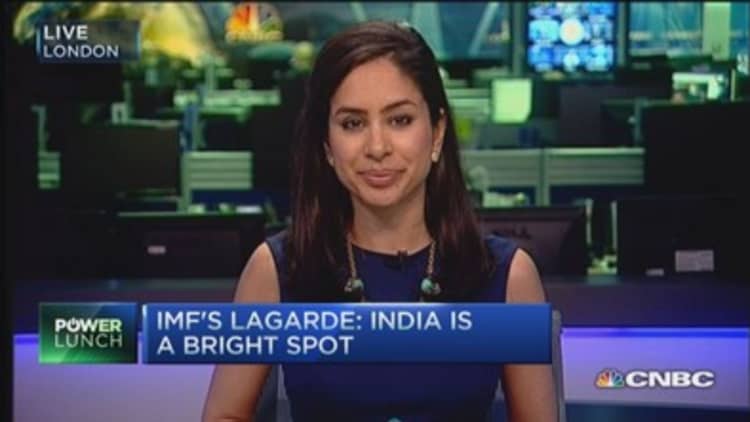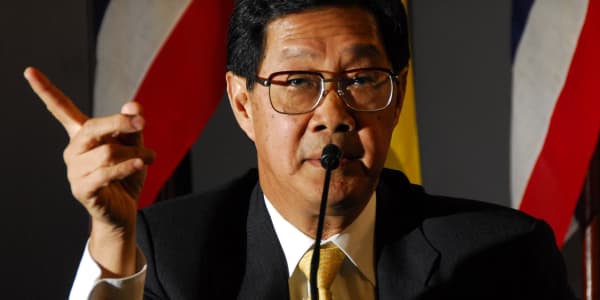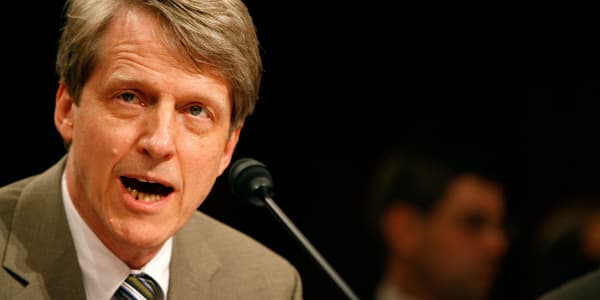Uncertainty over government-led reforms remains an overhang for India despite its promising growth outlook and surging stock market, but India's former central bank governor says the factors for change are in place.
"India has often times failed in the past. It's punched below its weight," Dr. Duvvuri Subbarao, a former governor of the Reserve Bank of India (RBI), said at the Credit Suisse Asian Investment Conference Tuesday. But he believes it will be different this time as Indian Prime Minister Narendra Modi pursues reforms.
"There's been a remarkable turnaround in the India growth story, not so much because of what the new government has done, but because of what the new government is expected to do in the next 4-4.5 years," he said.
Read More India's revival to offset China slowdown: ADB
"For the first time in 30 years, we have a government that has no coalition pressures. It is assured of five years in office," he said, noting the ruling Bharatiya Janata Party (BJP) also has control of state governments accounting for more than 50 percent of the country's gross domestic product (GDP). Modi's BJP swept to power in May of last year with a solid majority of the parliamentary seats.
Momentum is strong
India has disappointed in recent years with economic growth falling to a decade low of below 5 percent, inflation running above 8 percent and reforms stalling.
But the Asian Development Bank expects the economy will take off, growing 7.8 percent over fiscal 2015-16 and 8.2 percent in fiscal 2016-17, boosted by an easing of monetary policy and a capital expenditure recovery.

"India stands uniquely in the world today because while every other country is demand constrained, including China, India is supply constrained," Subbarao said. With a per capita income of around $1,500 annually, "any improvement in income quickly translates into consumption and production has to catch up."
Rural incomes have increased by around 10 percent a year for each of the last ten years, he noted.
It's an enthusiasm for the economy that has translated into sharp stock gains, with the Sensex up 30 percent over the past year. Around 22 percent of attendees at the Credit Suisse Asian Investment Conference said they are most overweight on India's market within Asia, the highest in the region.
Enormous potential
Others expressed similar concerns and high hopes for the country.
"India has a colorful track record of doing many things and perhaps not being so reliable," said Michael Strobaek, global chief investment officer at Credit Suisse. But he noted that the market is also one of the bank's conviction overweights in the region.
"Modi is coming in with a clear mandate (and) very strong not just rhetoric, but plan around structural reform, infrastructure investments and a clear ability to get that through parliament,"Strobaek said. "They have enormous potential."
Investors have already cheered Modi's first budget, which while it had nothing considered spectacular, included a range of initiatives like boosting infrastructure investment and lowering corporate taxes. The government plans to spend an additional 700 billion rupees ($11.3 billion) to upgrade the country's roads and railway in the coming fiscal year.
Other reforms that garnered investors' attention were fresh laws to tackle black money and a new bankruptcy code to make it easier for investors to exit unviable ventures. A key priority for the government is improving the ease of doing business in India.
In 2015, the World Bank ranked India at 142 out of 189 countries for ease of doing business.
--Ansuya Harjani and Dhara Ranasinghe contributed to this article.





